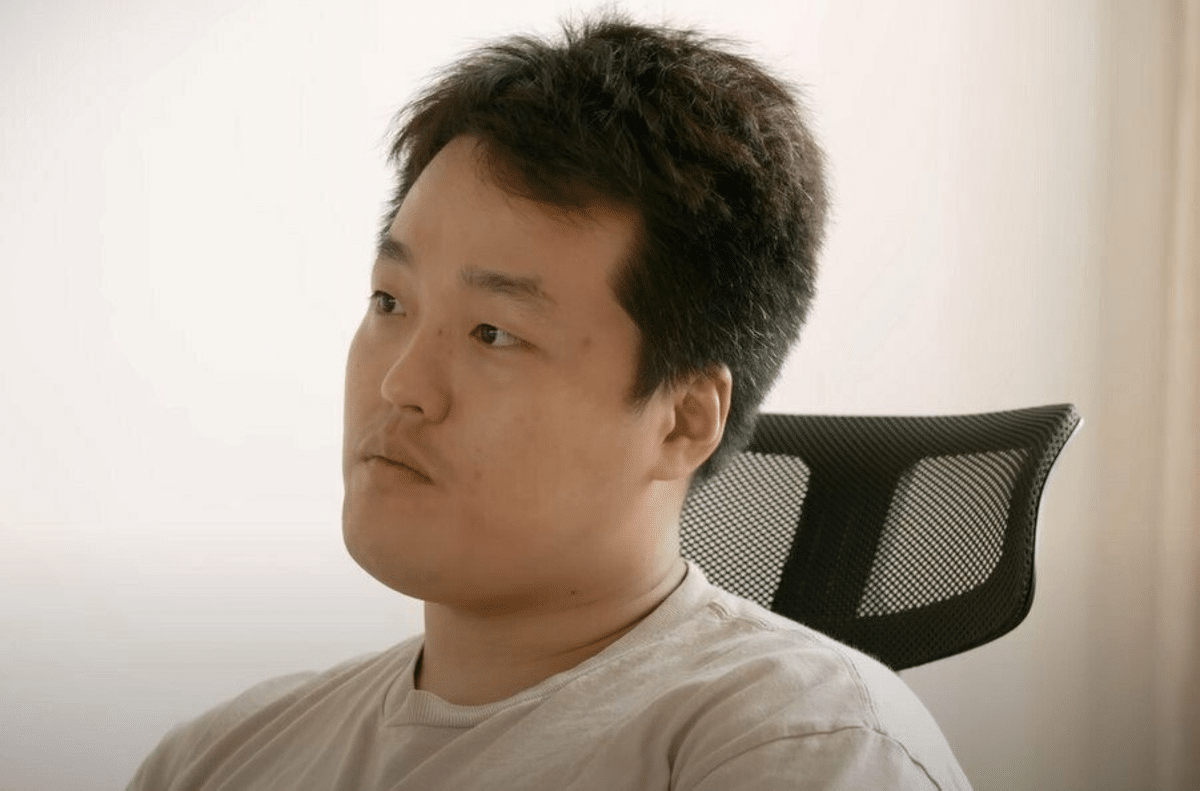The post Do Kwon Extradition To South Korea Challenged Again By U.S. Prosecutors appeared first on Cryptonews.
Terraform Labs co-founder Do Kwon finds himself embroiled in a heated international dispute between the United States and South Korean governments regarding his impending extradition. Following allegations of fraud and illegal activities connected to Terra's collapse, both countries seek to prosecute him on their respective territories, raising questions about jurisdiction and sovereign authority.
Terraform Labs developed the Terra stablecoin ecosystem, which included algorithmic stablecoins such as UST, anchored to fiat currencies via collateralization mechanisms involving sister tokens like LUNA. After reaching impressive heights, the system suffered a catastrophic crash in May 2022, wiping out roughly $40 billion in value practically overnight and sending shockwaves through the crypto markets. Soon after, investigations were initiated amid accusations of wrongdoings linked to the incident.
South Korean prosecutors charged Do Kwon with violating the country's Capital Markets Act, accusing him of selling unregistered securities and engaging in acts of financial fraud. Seoul officials requested Interpol issue a red notice for Kwon, prompting his arrest in Montenegro in March 2023. Nevertheless, shortly after being detained, Kwon contested the legality of the warrant and subsequent proceedings, asserting procedural irregularities and questioning the validity of evidence presented against him.
On the other side of the Pacific, American authorities have likewise expressed intentions to pursue charges against Do Kwon. Federal agents believe he committed wire fraud, commodities manipulation, and conspiracy offenses relating to the failure of Terra. Although no formal indictment has yet materialized, speculations abound concerning the prospect of parallel criminal actions unfolding concurrently in separate nations.
Competing extradition demands present unique challenges for judicial systems worldwide, compelling courts to weigh competing interests and navigate intricate webs of treaty obligations, diplomatic relations, and domestic legislation. When multiple states vie for jurisdiction over an accused person, determining which entity holds precedence becomes paramount. Typically, bilateral agreements govern such situations, establishing frameworks for cooperation and coordination amongst signatories. Nonetheless, exceptions may emerge owing to divergent interpretations of applicable statutes or exceptional circumstances demanding special consideration.
With regards to the Do Kwon affair, the crux revolves around whether the alleged crimes fall under the purview of either country's exclusive jurisdiction or if shared responsibility exists. If found culpable in both countries, sentencing discrepancies might incentivize defendants to favor certain venues over others, creating perverse incentives and inviting forum shopping tactics.
An additional layer of complexity arises from the decentralized character of cryptocurrencies, rendering geographical boundaries virtually meaningless and obliterating conventional distinctions between locales. Transnational cybercrime investigations often necessitate cross-border collaboration and synchronization, given the fungible and borderless attributes of virtual assets.
To illustrate, let us examine the implications of dual citizenship in this context. Suppose Do Kwon possessed passports issued by both the US and South Korea; would that influence the outcome? Would it strengthen his argument for preferential treatment vis-à-vis one nation versus another? Or perhaps, could it render him stateless, exacerbating his predicament?
Ultimately, navigating these murky waters mandates astute judgement calls, nuanced understanding of legal principles, and deft maneuvering through delicate political landscapes. Given the high stakes involved and mounting pressure from aggrieved parties, Do Kwon's fate hangs precariously in the balance as opposing forces jostle for dominance in the race to secure custody of the elusive crypto tycoon.
Regardless of how events ultimately unfold, one thing is clear: the saga serves as a stark reminder of the pitfalls and ethical quandaries endemic to the burgeoning realm of decentralized finance (DeFi). Unregulated markets devoid of robust consumer protections breed fertile ground for malfeasance and exploitation, tarnishing the reputations of honest actors and casting doubt upon the legitimacy of nascent innovations. Thus, responsible governance and thoughtful oversight constitute essential cornerstones in safeguarding the future prosperity and stability of DeFi ecosystems.
In conclusion, the legal wrangling enveloping Do Kwon underscores the convoluted labyrinth of issues engendered by multi-jurisdictional disputes in cyberspace. Amidst escalating tensions between America and South Korea, the resolution of this impasse promises far-reaching ramifications for not only the participants directly concerned but also the broader crypto community at large. Only time will reveal whether justice prevails and meaningful reforms ensue, restoring faith in the capacity of our legal apparatuses to adapt and respond decisively to novel challenges posed by emergent technologies.




.jpeg)

.jpeg)

0 Comments